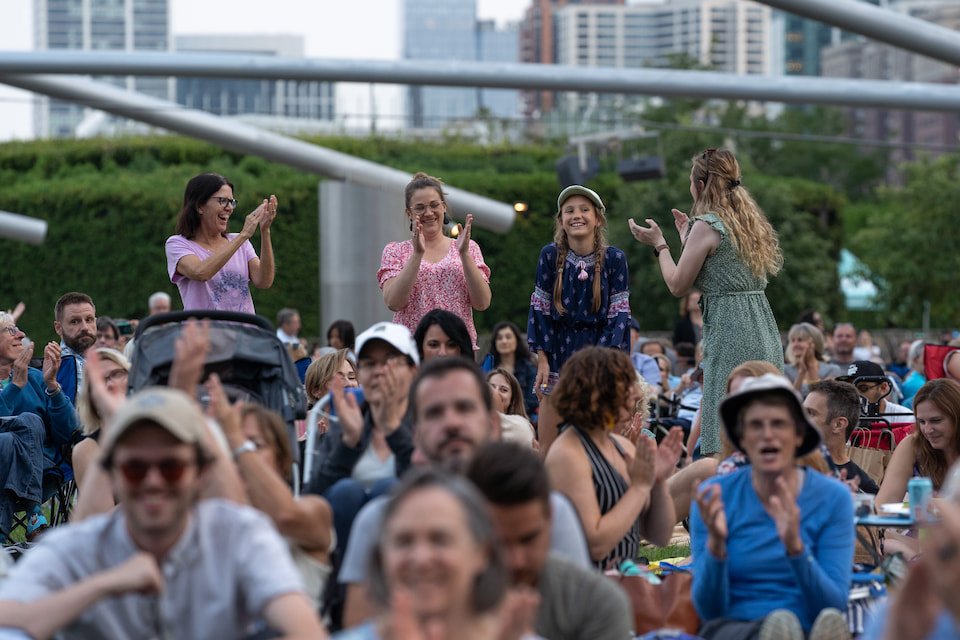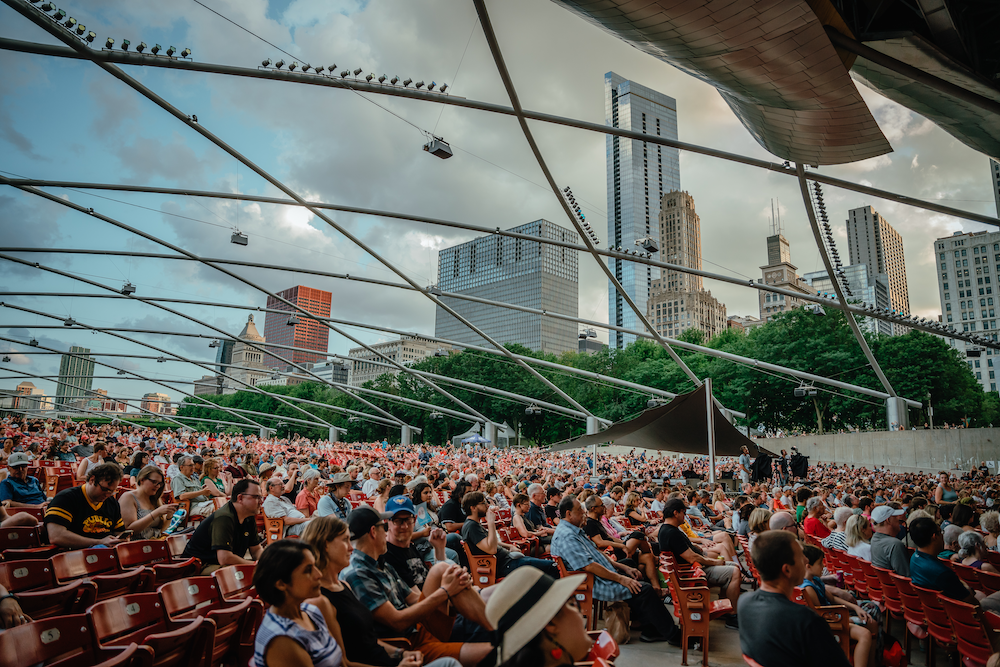
News & Stories
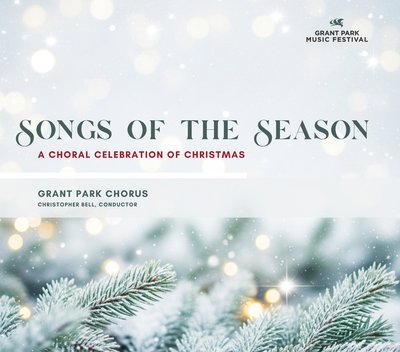
Songs of the Season: A Choral Celebration of Christmas
Read post: Songs of the Season: A Choral Celebration of Christmas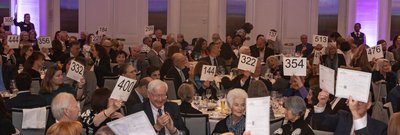
Grant Park Music Festival Raises $1.3 Million in Support of Artistic and Educational Programming
Read post: Grant Park Music Festival Raises $1.3 Million in Support of Artistic and Educational Programming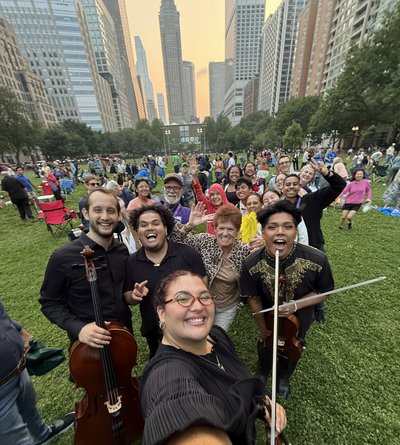
My Summer with the Festival Fellows
Read post: My Summer with the Festival Fellows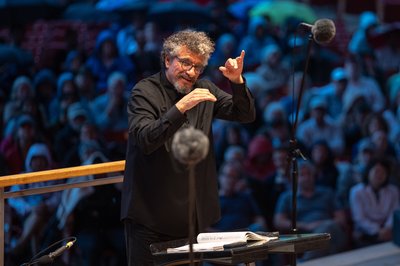
Meet Giancarlo Guerrero
Read post: Meet Giancarlo Guerrero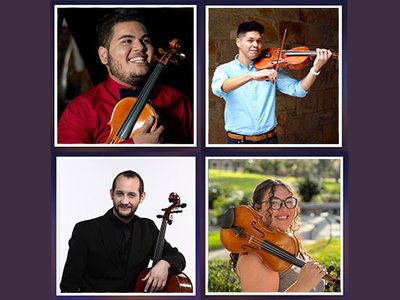
Meet the Festival's 2025 String Fellows
Read post: Meet the Festival's 2025 String Fellows
